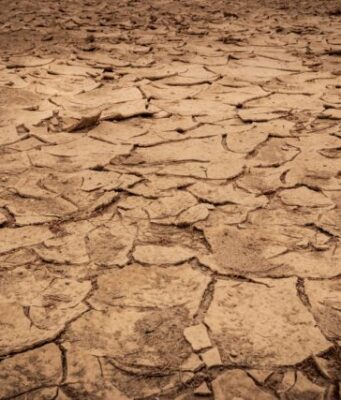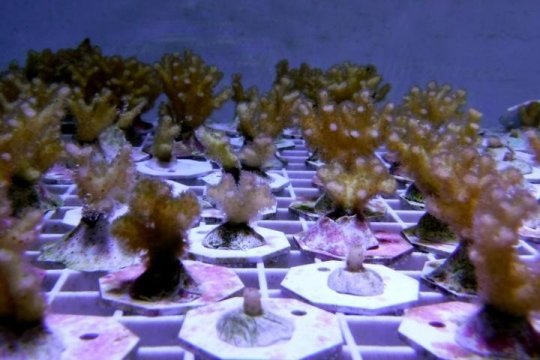We know less about the ground beneath our feet than we do about the surface of Mars, but new research by University of Colorado Boulder geoscientists shines a light on this hidden world from ridgetops to valley floors and...
An international team of drought scientists reports that many dams and reservoirs can paradoxically worsen water shortages they're intended to alleviate. The study is published in Nature Sustainability.
Building dams and reservoirs is one of the most common approaches to...
Rising global sea levels may actually be beneficial to the long-term future of coral reef islands, such as the Maldives, according to new research published in Geophysical Research Letters.
Low-lying coral reef islands are typically less than three metres above...
In the first study of its kind, research by Oregon State University scientists shows that the return of large terrestrial carnivores can lead to improved stream structure and function.
The findings, published today in Ecohydrology, are important because they highlight...
Sixty-nine pharmaceutical compounds have been detected in stream insects, some at concentrations that may threaten animals that feed on them, such as trout and platypus. When these insects emerge as flying adults, they can pass drugs to spiders, birds,...
The study of children in Shanghai, from birth to three years, found that exposure to fine particles (PM2.5) from vehicle exhausts, industrial emissions and other sources of outdoor pollution increased the risk of developing autism spectrum disorder (ASD) by...
A new study led by researchers at the University of Miami (UM) Rosenstiel School of Marine and Atmospheric Science found that a common coral species might have evolved unique immune strategies to cope with environmental change.
Roughly 30 percent of...
In paper published today in Nature Plants, researchers at the Royal Botanic Gardens, Kew, detail for the first time the scale of threatened species that are unable to be conserved in seed banks. The paper reveals that when looking...
For each year during the past quarter century, the world's oceans have absorbed an amount of heat energy that is 150 times the energy humans produce as electricity annually, according to a study led by researchers at Princeton and...
Species of reptiles, amphibians and other vertebrates are becoming extinct in Haiti as deforestation has claimed more than 99 percent of the country's original wooded areas.
A research collaboration that included two scientists affiliated with Oregon State University found that...
The ocean floor as we know it is dissolving rapidly as a result of human activity.
Normally the deep sea bottom is a chalky white. It's composed, to a large extent, of the mineral calcite (CaCO3) formed from the skeletons...


















